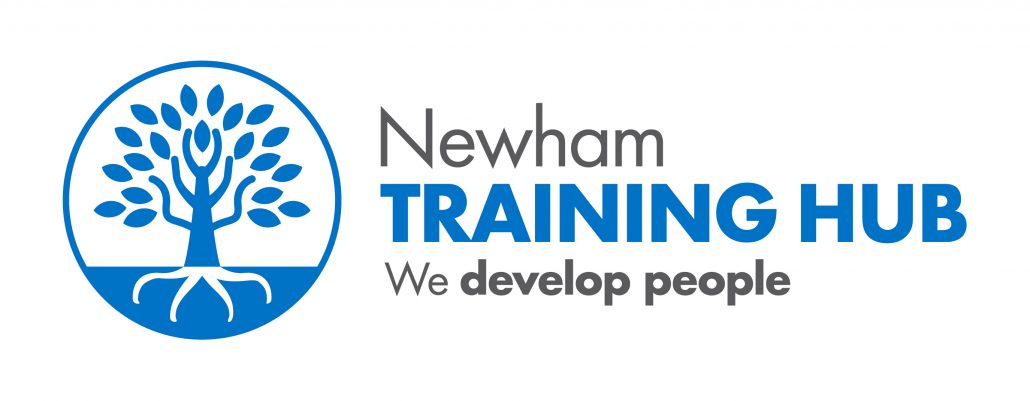Paramedics are autonomous health care providers who are regulated by the Health and Care Professions Council (HCPC) and the College of Paramedics (CoP) is their professional body. Specialist/FCP/community (Band 7) Paramedics are trained to independently provide care that does not require the intervention of a doctor. They can assess, investigate, diagnose, plan and implement care for patients presenting with diagnosed and undiagnosed conditions and address continuing medical needs, and work collaboratively with the general practice team to meet patient needs. They will need to prioritise and triage the needs of patients accordingly making any necessary referrals for investigations in the appropriate manner. Part of their responsibilities may include visiting patients in their home to assess their medical condition at the request of the lead clinician, whilst working as part of a clinical team within a number of practices and across a PCN.
NB: To ensure a sustainable workforce model to support both PCN’s and core service delivery work is continuing with local providers.
Paramedics providing a first point of contact service means working with patients presenting with undifferentiated, undiagnosed problems relating to minor illness or injury, abdominal pains, chest pains and headaches. Paramedics work at various levels of clinical practice (from newly qualified to consultant level), so when employing a paramedic in primary care, employers need to be clear about the scope of practice the paramedic will be expected to work within to ensure applicants possess the correct skills and knowledge to undertake the role.
NB: A first contact practitioner (paramedic) is equivalent to a specialist/community paramedic.
Meet our paramedic – working alongside GPs to meet patients’ healthcare needs.
Click HERE for the Job Description Template
| Key roles and responsibilities | Education and training requirements |
Recommended minimum supervision |
|
Educated to degree/diploma level in paramedicine or equivalent
Registered with the Health and Care Professions Council (HCPC) Acquired 5 years of post-registration experience |
If the paramedic is undertaking first contact practitioner (FCP) training, should have access to daily debriefs with roadmap supervisor. Otherwise support from clinicians signed off at clinical practice master’s level or equivalent |
Training/Development
- A BSc in a training programme approved by the College of Paramedics
- For Band 7 roles, Health Education England Primary Care FCP capability training must be completed as the minimum threshold for entry to primary care and be supported by appropriate governance and indemnity
- Health Education England primary care FCP training can begin 3-5 years postgraduate
- For Band 8a roles, the Health Education England FCP training must be completed, and they must be working at an advanced level of practice i.e. at master’s level (level 7) across all four pillars of advanced practice
Supervision for Paramedics in Primary Care
Appropriate supervision will be required for all paramedics working in Primary Care.
Existing GP Educational supervisors are able to supervise paramedics undertaking FCP and AP roles and do not need to attend additional training.
Further guidance on supervision can be found in the First Contact Practitioners and Advanced Practitioners in Primary Care: (Paramedic) – A Roadmap to Practice:
https://www.hee.nhs.uk/sites/default/files/documents/Paramedics-FINAL%20%28002%29.pdf
Benefits to patients
- Patients can currently spend two to three times longer consulting with Paramedics compared to GPs, e.g 20-30minute meaning patients feel listened to, cared for and reassured
- Quick access to diagnosis, treatment and advice in regards to minor ailments and injuries
- Receive the right care, first time – safely managed in their own homes or in the community
- Improved patient experience.
Benefits to PCN’s
- Frees up GP time, reduces GP stress by taking on home visits
- Supports delivery of Enhanced Health in Care Homes
- Practice workload is supported by an extra generalist resource increasing capacity to provide the most appropriate response first time to 999 calls and providing proactive care within the community
- Patient care improves due to the increase in access and timely interventions by skilled paramedics
- Undertake acute home visits on behalf of GPs, especially for local elderly or immobile population
- Increased clinical leadership and service development capacity
Benefits to the wider NHS
- Reduction in waiting times for patients accessing urgent care
- Reduction in avoidable trips to A&E attendances and associated admissions
- Relieve workload pressure and reduce impact on ambulance and secondary care.
